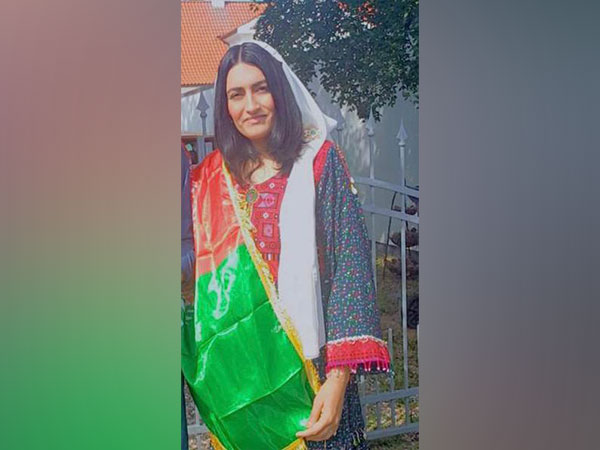Pashtun National Jirga: A Force Against Challenges
Levsa Bayankhail emphasizes the Pashtun National Jirga's role in shaping Pashtun identity amid adversities like proxy wars and internal disunity. Highlighting human rights violations, Bayankhail discusses PTM's efforts for justice and international support in combating the repercussions of a Punjab-centric political system in Pakistan.

- Country:
- Denmark
Levsa Bayankhail, a key figure in the Pashtun Security Dialogue and Pashtun Tahafuz Movement, underlined the critical role of the Pashtun National Jirga in defending Pashtun identity in times of conflict and discordance. In an interview with ANI, she detailed how the historical significance of the Jirga plays a pivotal part against the challenges posed by external influences, notably Pakistan's political establishment.
Bayankhail highlighted the widening gap between Pashtuns on either side of the Durand Line, exacerbated by manipulated education and extremist ideologies. She condemned Pakistan's detrimental policies, which have led to human rights abuses and societal fragmentation. The Pashtun National Jirga continues to mount resistance, manifested in organized gatherings and reaching out to global NGOs and authorities.
Looking forward, the Jirga plans to deploy strategies developed through collective decision-making, valuing every participant's input. Bayankhail lauded Manzoor Pashteen's leadership in advocating non-violent resistance and called for the international community's involvement in addressing the ongoing suppression of Pashtuns, urging them to hold Pakistan accountable for human rights infringements.
(With inputs from agencies.)
ALSO READ
IFC Invests $35 Million in Pakistan’s First Sustainable Aviation Fuel Facility
Pakistan's jailed former PM Imran Khan threatens civil disobedience movement
Advanced sensors installed to monitor potential infiltration hotspots along India-Pakistan border: BSF chief
Pakistan: Oil traders in Turbat protest profiling amid trade token issuance
Pakistan: Sindh United Party warns of eco devastation as protestors reject 6 new canals










